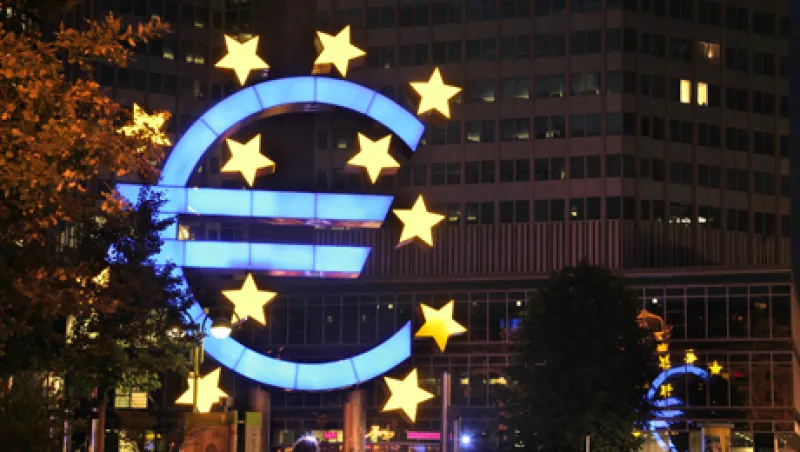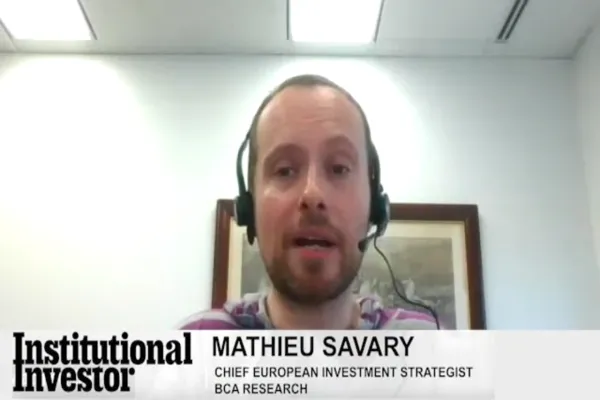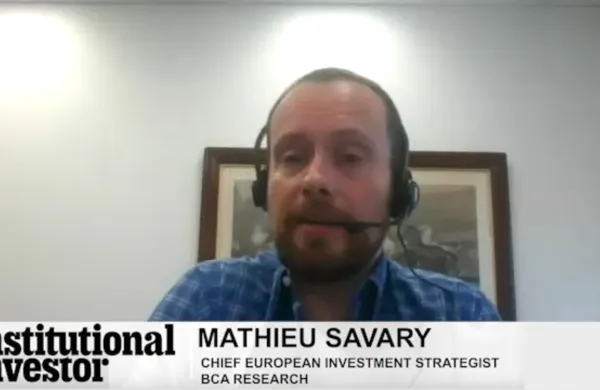European banks have surpassed expectations by borrowing more than half a trillion euros in three-year loans from the European Central Bank as part of an ambitious ECB program designed to prevent another credit crunch in the euro zone. But critics worry that banks’ dependence on such support could end up costing the ECB its independence.
The €529 billion ($713 billion) total is even larger than the €489 billion lent by the ECB in December in a similar operation that restored faith in the euro zone banking system.
Wednesday’s news pushed down the yields on Italian and Spanish government bonds since demand for peripheral euro zone sovereign debt is heavily dependent on euro zone banks, which need sufficient funding to continue buying them. Analysts had expected only €450 billion to €500 billion in lending.
Michel Martinez, economist at Société Générale in Paris, said, “Today’s operation should help ease money market tensions, support lending to households and enterprises and create additional demand for bonds issued by the hard-pressed southern European member states.”
But some analysts are worried that the European banking market’s reliance on the ECB could, in the long term, weaken both European banking groups and the ECB itself.
The ECB said that 800 banks — more than half of them from Germany, the currency bloc’s largest economy — took up its offer of three-year loans. Analysis of the data suggests that after allowing for the fact that some of Wednesday’s borrowing simply replaced existing loans from the ECB, the net increase in borrowing was about €311 billion, up from €210 billion for the December long-term refinancing operation.
ECB president Mario Draghi has claimed that the December 21 LTRO prevented “a major, major credit crunch” in Europe, and many economists agree with him.
Before the ECB’s December move, banks were becoming increasingly wary of lending to each other — leading to fears of a repeat of the 2008 credit crunch, when interbank lending plummeted after the collapse of Lehman destroyed trust in the creditworthiness of counterparties. Moreover, concerns about banking insolvency made it hard for some to raise the money by instead issuing bonds.
A drying up of banks’ sources of funding would have created a parallel crumbling in their lending to businesses and consumers — raising the specter of a deep euro zone recession.
By stepping in with €489 billion of loans in December, the ECB prevented this nightmare scenario. Interbank lending rates fell sharply, since banks became more confident in the financial stability of their counterparties.
The December LTRO also pushed down yields, which had risen to unsustainable highs in some euro zone sovereign bond markets such as Italy and Spain. This was largely because Italian and Spanish banks used many of their ECB loans to buy home-country sovereigns — purchasing record amounts in January, according to ABN Amro.
While the creditworthiness of both banks and euro zone member states has been boosted by the December initiative, banks have not yet gone one step further by using the money to make a significant increase in their lending to businesses and households.
On Sunday Draghi urged banks to use Wednesday’s LTRO for this purpose, saying, “One expectation now is that having satisfied their funding needs for this year, at least the banks will be more inclined to use the money — which was our prime expectation, really — to expand credit to the real economy.”
January figures for euro zone banks’ lending, released earlier in the week, show that the first LTRO did not have this effect. Lending to companies grew by its lowest rate since February 2011, and lending to households advanced at its slowest pace in more than a year.
Loan growth has at least remained positive, however, confirming that euro zone banks’ problems did not create the credit squeeze in the broader economy that many had feared.
In a report published on the eve of Wednesday’s LTRO, the rating agency Fitch blamed low lending growth not on banks but on low appetite among banks’ clients. It said, “Fitch thinks it unlikely that the LTROs will drive strong lending growth, given the lack of any notable demand.” It added, however, that the LTROs have prevented “more rapid deleveraging that would otherwise have happened." Some of the most indebted banks have reduced their debt-to-capital ratios by aggressively trimming the size of their loan books.
Strategists have credited the rising value of euro zone assets since late December, including equities, bonds and the currency itself, to the first LTRO. On Wednesday the high take-up of the second LTRO pushed down the yield on the benchmark Italian ten-year government bond by a further 16 basis points to 5.19 percent — far below the 7 percent-plus levels at which it often traded in the weeks before the first operation.
Yet many analysts have expressed fears about the potential long-term damage caused by the two LTROs.
One concern is that many banks will use the second loan in the same way as they used the first — to borrow money at a low interest rate and spend it on higher-yielding but volatile and potentially toxic assets, such as peripheral euro zone sovereign bonds. This increases the long-term risk that they will be forced into huge write-downs of their balance sheets.
The three-year LTRO interest rate is based on the ECB’s benchmark interest rate — currently only 1 percent, compared with yields of close to 5 percent for Italian and Spanish debt.
Another concern is that by lending so much money — and setting quite loose rules on the quality of the collateral that banks must pledge to borrow the money — the ECB has weakened its balance sheet.
This could, say some analysts, weaken the ECB’s independence in turn. They argue that if the central bank is forced in the future to ask euro zone governments for more funding to compensate for its overstretched balance sheet, governments may, as a quid pro quo, put pressure on the ECB not to raise interest rates even after the euro zone economy recovers.






